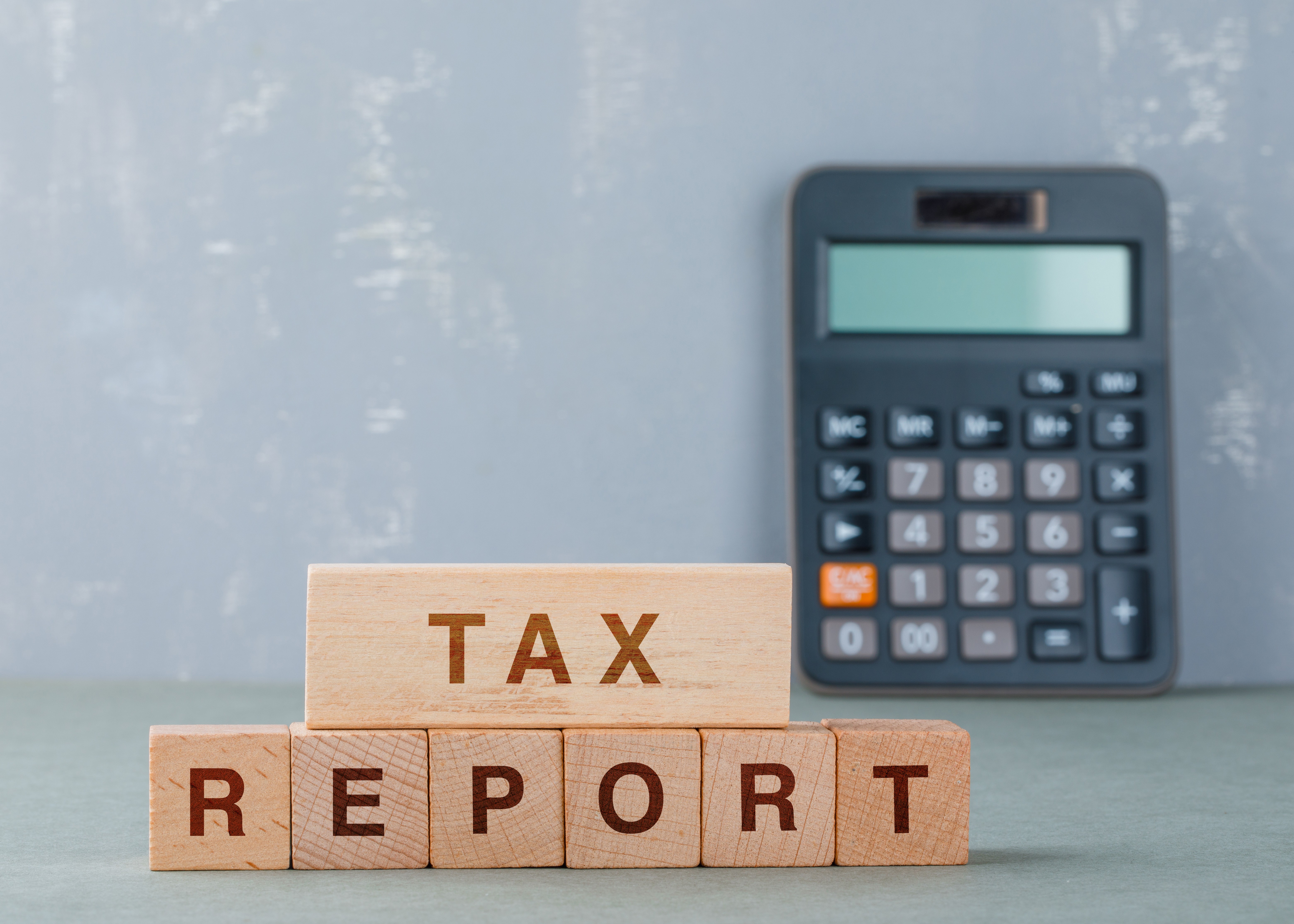Taxation & Compliance
Posted on Jan 31, 2025
GST for Foreign Exchange: All You Wanted to Know
How is GST Computed for Currency Conversion?
GST on foreign exchange is computed on the transaction value, based on a slab structure. The more the transaction value the lesser the percentage-based tax applied.
Who Needs to Pay GST on Foreign Exchange?
GST applies only to currency conversion services, not to remittances or service exports. Freelancers receiving foreign payments are exempt under zero-rated supply provisions.
Some Common Examples of GST
Remitting funds overseas (tuition fees, investment, etc.)
Receiving payments from overseas ( freelancing, overseas business deals).
Buying forex to send abroad
Understand GST on currency exchange to manage your forex transactions accordingly.
How do Taxes on Currency Exchange Affect the Different Stakeholders?
Freelancers and Sole Traders
If you're a freelancer or service provider exporting services abroad, your earnings are treated as a zero-rated supply under GST. This means you don’t have to charge or pay GST on your income from foreign clients. However, you may need an FIRC (Foreign Inward Remittance Certificate) for compliance purposes.
Businesses Engaged in Import and Export
Companies dealing with international suppliers or customers must comply with TCS, GST, and income tax regulations. Understanding these taxes helps businesses optimise costs and remain compliant.
Forex Traders and Investors
It is taxable as capital gain and business income according to the frequency of trading. Losses can be set off against other income subject to certain conditions.
For freelancers and forex traders, knowing freelancer tax in India and forex trading tax in India is fundamental in the proper adherence to tax on international transactions
How to Minimise Currency Exchange Tax Cost?
1. Digital Payments and Online Platforms
Many online forex platforms offer competitive exchange rates and lower transaction fees, which reduce overall tax costs.
2. Track Exchange Rates and Plan Transfers Strategically
Exchanging currency when rates are favourable help reduce the total tax burden.
3. Consult a Tax Expert
A professional can help reduce forex tax by optimizing tax deductions and ensuring compliance with forex-related tax laws.
While GST on forex conversion is fixed, choosing platforms with lower forex conversion fees can help reduce overall transaction costs.
Conclusion
Taxes on currency exchange can be quite impactful for an individual and businesses. Whether it is a traveler, freelancer, forex trader, or a business owner, it will help one save money and be compliant knowing how GST, TCS, and income tax apply to Forex transactions.
Infinity's Currency Converter allows one to calculate a cost immediately as a result of easy and transparent forex transactions without breaking any regulation regarding forex tax India. Become compliant with forex tax India; make smart, intelligent financial choices!
FAQs
1. What is GST on currency exchange in India?
In India, the applicable GST on forex transactions is slab-based, that is, Rs 0.1 to 1 per cent based on the amount.
2. How is tax calculated on forex transactions?
Taxes constitute GST on forex services, TCS if remittances exceed ₹7,00,000, and income tax on profit earned on forex trading.
3. What is TCS, and how does it work with respect to foreign exchange?
TCS is a 5% tax collected on foreign remittances above the threshold of ₹7,00,000 per year.
4. Can I claim a refund on the GST paid for currency exchange?
For business forex transactions, you may be eligible for a GST refund under certain conditions.
If you want to find answers to the GST FAQs regarding forex or seek clarification on the tax on foreign exchange FAQs, this guide is here to assist you.





